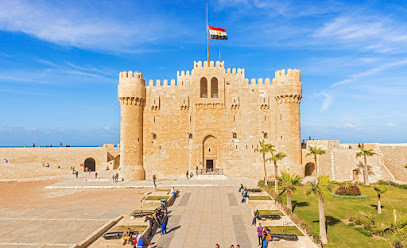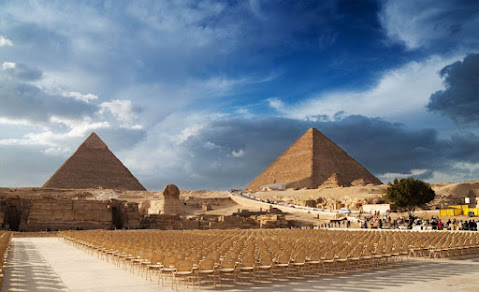Tour to Aswan
Aswan
About Aswan:
The History and Establishment of Aswan:
Most likely during the presynaptic period, Aswan was populated. The name Sunu was used in ancient Egypt. Aswan served as a significant commercial crossroads for caravans travelling to and from Nubia, hence this name simply meant the market. Another moniker for Aswan was "the place of the gold." This is due to the fact that it represented a treasure for the Nubian monarchs who had long since resided in the town.
With the founding of the Old Kingdom, Aswan gained in significance. The Egyptian army used Aswan as a key fortress to guard Egypt's southern frontiers.
For many years, there was a tremendous religious significance to the island of Philae, which was the birthplace of the deities Osiris and Isis. Emperor Trajan built the renowned Temple of Philae under the direction of the ancient Egyptians after the Romans conquered Egypt. In the fifth century, Christianity was recognised as Egypt's national religion. The majority of the Pharaonic monuments were converted into Christian foundations during that period.
The Location of Aswan:
In the Nile Valley in southern Egypt, Aswan can be found. The Red Sea Governorate is to the north, Luxor is to the east, Al Wadi Al Gadid is to the west, Abu Simble is to the south, and finally the Sudanese boundaries are to the east.
879 kilometres to the south of Cairo, 215 to the south of Luxor, 288 to the north of Abu Simble, and 515 to the south-southwest of Hurghada is where Aswan is located.
Interesting places and things to do in Aswan:
Aswan is a fantastic city to discover and travel to. Many tourists from around the world have merely fallen in love with Aswan. This is as a result of its wonderful climate and unparalleled monuments.
The Temple of Philae, the High Dam, and the Unfinished Obelisk are some of the top attractions in Aswan. Sailing down the Nile in the most spectacular stretches of the river and taking in the unmatched atmosphere are among the most exciting things to do in Aswan.



Comments
Post a Comment